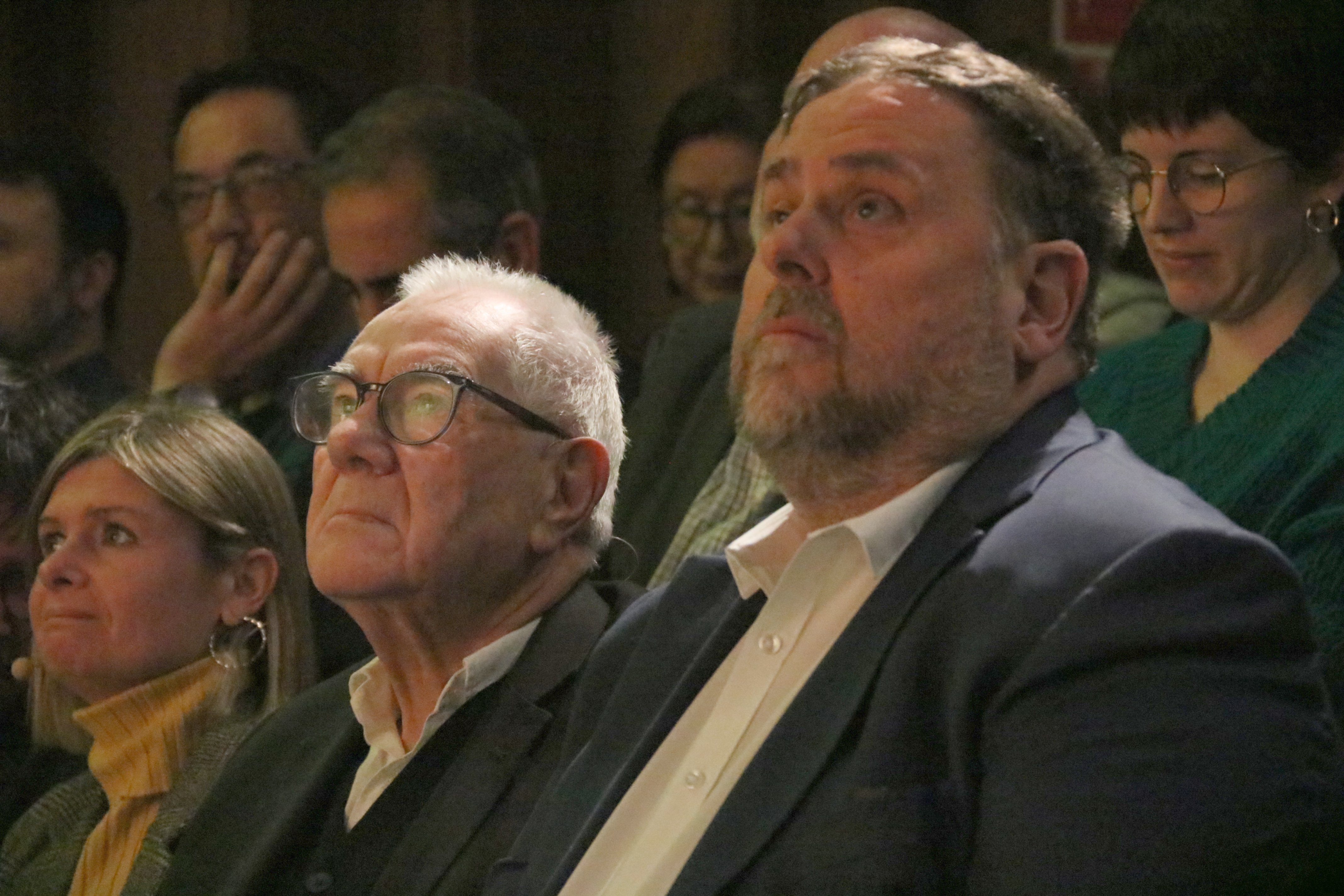It wasn't just a summer romance, but something more durable. However, when the breakup came, it was especially traumatic. Since then, the knives have been out, and the criticism has been constant, both from one side and the other, between the Catalan Republican Left (ERC) and Together for Catalonia (Junts). The fronts of conflict between the two former partners in Catalonia's pro-independence government have been diverse: from president Pere Aragonès's proposal for a Clarity Agreement to guide a future independence process, to the trial and sentence of Junts president Laura Borràs in the Institute of Catalan Letters case. But, in the run-up to the municipal elections on 28th May, the climate has changed considerably. At least on the part of the Republicans, who are now avoiding belligerence with Junts and focusing on mayor Ada Colau, from whom they want to distance themselves. Because most of the eyes are fixed on the close battle which is being played out in Barcelona. And there are many voters in crossover territory.
ERC has taken a soft-shoe approach towards their ex-government colleagues at Catalan level. The most recent case was this Monday, when former minister and Junts MEP Clara Ponsatí - unlike her former colleague in exile, and now ERC minister Meritxell Serret - decided to snub the summons from Supreme Court judge Pablo Llarena. ERC spokesperson Marta Vilalta, beyond the discrepancies, expressed her "absolute respect and full support for everyone's anti-repressive strategies." The same approach was also visible in the Parliament of Catalonia. The Bureau, presided over for the moment by deputy speaker Alba Vergés (ERC), pushed for the house's legal services to defend the seat of Laura Borràs in the face of the Spanish electoral commission's wish that she be stripped of her seat without waiting for a final court ruling. Also in the Catalan chamber's procedural body, ERC recovered the formula of the "transitory electronic vote" so that the Junts deputy Lluís Puig can vote from exile.
At the same time, ERC has also distanced itself from both the Socialists and the Comuns. The belligerence that used to be directed at Junts is now released against the government of Pedro Sánchez, especially after the disembarkation of ministers for the Diada de Sant Jordi. In the case of Barcelona, the Republicans have also underlined the distance they maintain from mayor Ada Colau, to whom they have provided the votes for the last two municipal budgets and with whom they have reached several agreements throughout the legislature. At the end of last week, ERC's Ernest Maragall made it clear that he would not make Colau mayor again after the May 28th elections "under any circumstances". "I'm coming to replace Colau", he asserted. Most of the barbs from ERC have been aimed at the leader of the Comuns in the last week.
Maragall against Trias
The battle of Barcelona is where most of the efforts of the Catalan parties are being focused in these municipal elections. From the Ernest Maragall team, they assert that the race is returning to a four-way tie and defend that the winner will be the candidate who is able to differentiate their candidature from the rest. Aware of the vote frontier the party shares with Junts, one place where ERC has taken a polarizing stand is against Xavier Trias. Maragall has done so accusing the former mayor, among other things, of seeking to hide his party's brand and trying to avoid debate on the Catalanist dimension. "Today we know that there is an explicit refusal [by Trias] to talk about the freedom of Catalonia", denounced Maragall.

